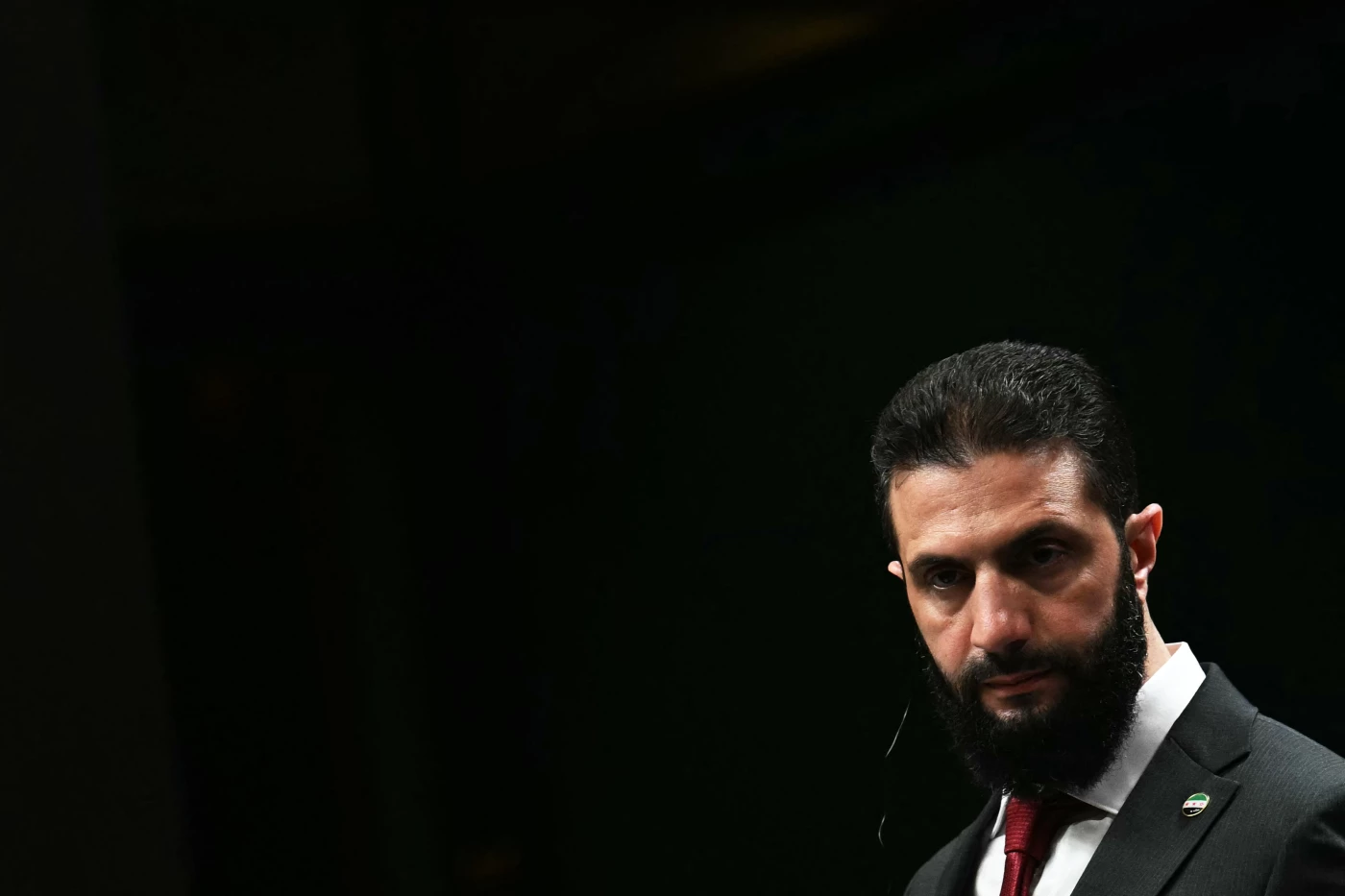ERBIL, Kurdistan Region of Iraq - Iraq has yet to take an official stance regarding Ahmad al-Sharaa’s appointment as the new President of Syria, despite rapid diplomatic engagement from regional powers. While countries such as Turkey, Saudi Arabia, and Qatar swiftly extended congratulatory messages to the new Syrian leader, Baghdad has remained cautious.
Following the fall of Bashar al-Assad’s regime on December 8, 2024, Syria has undergone a period of political transition. While international support for the transition has been clear, Iraq had been hesitant about acknowledging the new administration.
Security remains Iraq’s primary concern. The risk of an Islamic State (ISIS) resurgence along the Syrian-Iraqi border presents a direct threat to Baghdad, which has spent years battling the militant group’s influence in its western territories.
Additionally, Syria has accused Iraq of harboring senior military leaders of the Assad regime who fled during the final stages of the opposition’s offensive, further complicating relations. Iraqi authorities have denied such claims.
“The Iraqi government is still uncertain and unclear about the new authority in Damascus,” retired Major General Emad Alou, a strategic and military expert, told The New Region, citing the administration’s inability to control all Syrian territories yet, and the instability in the country characterized by the uptick in hate speech and “acts of retaliation” against followers of religious sects that had supported the Assad regime.
Despite these concerns, Iraq sent a high-level delegation to Damascus, led by its intelligence chief Hamid al-Shatri, in late December. However, the visit did not translate into an official recognition of Sharaa’s government.
Reports have surfaced of targeted assassinations and executions against Alawite communities in certain areas, raising alarms within Iraq’s political establishment, which is predominantly Shiite-led.
Sectarian considerations play a significant role in Baghdad’s approach to the Syrian transition. Iraq’s government, closely aligned with Iran, has supported Assad’s regime. The rise of a new administration that includes former opposition figures has introduced an element of uncertainty regarding future bilateral relations.
“It is clear to everyone that the Shiite rule in Iraq is leading and directing the state at this stage,” said Alou, adding that the sectarian difference plays a big role in widening the distance between the governments in Baghdad and Damascus.
Essam al-Kuraity, a senior official in Iraq’s State of Law Coalition, claimed that Baghdad’s decision to send an official delegation to Syria was driven by pressure from the United States and Gulf nations.
“The visit of Iraq’s intelligence chief to Syria was primarily aimed at drawing Iraq’s red lines and warning the new Syrian administration against crossing them,” Kuraity told local media.
While Iraq navigates its cautious approach, Syria has quickly strengthened ties with regional powers. Saudi Arabia hosted Sharaa in a high-profile visit focused on economic cooperation, early recovery efforts and technological collaboration. Sharaa met with Saudi Crown Prince Mohammed bin Salman Al Saud in Riyadh, where discussions included Syria’s reintegration into the Arab League and security coordination.
Turkey, a longtime supporter of Syrian opposition forces, has also engaged with the new leadership. Turkish President Recep Tayyip Erdogan affirmed Ankara’s commitment to Syria’s sovereignty and announced plans to elevate bilateral relations to a strategic level.
Qatar, the United Arab Emirates (UAE), Jordan, Egypt and several other Arab nations have formally recognized Sharaa’s leadership, signaling a shift toward diplomatic normalization.
Despite these developments, Iraq remains on the sidelines, balancing between regional expectations and its own security interests.
Whether Baghdad will fully engage with Syria’s new leadership or maintain its cautious stance remains an open question as the region adapts to its changing political landscape.
Additional reporting by Lava Alhaj Osman



 Facebook
Facebook
 LinkedIn
LinkedIn
 Telegram
Telegram
 X
X


